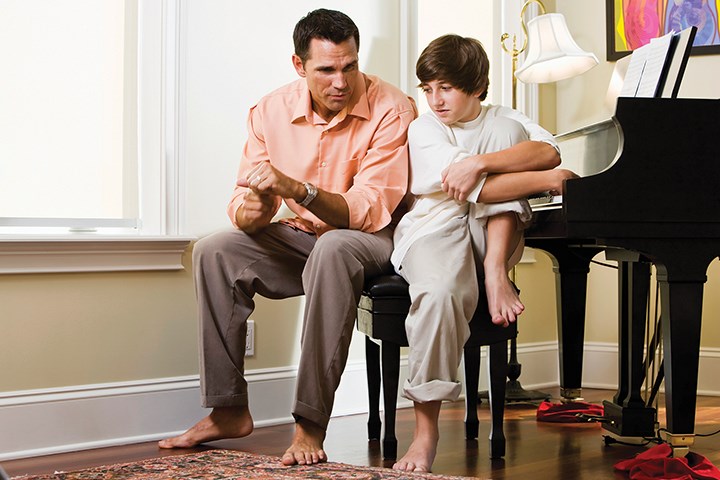Over 200 years ago, writer and philosopher Johann Wolfgang von Goethe wrote, “In all situations, it is my response that decides whether a crisis is escalated or de-escalated, and a person is humanized or de-humanized. If we treat people as they are, we make them worse. If we treat people as they ought to be, we help them become what they are capable of becoming.” A pretty potent challenge, indeed.
Last week, Goethe was paraphrased on Pinterest by a fellow named Wes Angelozzi, who wrote, “Go and love someone exactly as they are. And watch them transform into the greatest truest version of themselves. When one feels seen and appreciated in their own essence, one is instantly empowered.”
His grammar isn’t quite right but the message probably lands for a wider audience.
What we can take from both (Goethe, who is arguably a genius, and Angelozzi, who by contrast, is simply… well, a marketing sleuth) is that the more leeway you afford someone in a moment of ugliness, the better chance you have for an outcome of personal growth. In most cases, that goes for both you and your child – or spouse or co-worker or friend.
Rather than devolving into petty character assassination, assumptions and judgments, if we assume that people are equally valuable and each of us is full of great potential, then we have a chance of making those around us better – if by no other fashion than supporting them in claiming their own magnificence.
If you take for example a grade-school child who has lashed out physically or verbally at a sibling, often the first thing we do is respond similarly with unloving words or actions because we have been triggered. We make them worse in that moment because there is no positive reaction that could be forthcoming. No one who is experiencing a moment of untempered emotion and irrational behaviour is going to pause after being harshly chastised or sent away and say, “Oh, wait, you’re right, I shouldn’t have hit Ben over the head for taking my book.” Instead, that child is going to defend herself to the bitter end.
If however, you see the moment for what it really is, identify that for some reason your child is really angry and make them feel heard and understood, they are going to be able to work their way toward a positive outcome much more easily and quickly – and on their own – or at least with less help from you.
Physiologically, this is the difference between being in fight or flight – a state induced in the amygdala of the brain that helps to keep us safe when we are under attack, and the flood of oxytocin that is released when we feel understood and loved, according to Dr. Gabor Maté, a Vancouver-based physician who specializes in child behaviour and development.
When threatened, we aren’t able to differentiate between real and paper tigers. The cortisol and adrenalin that is released in our bodies due to perceived danger has a very real effect on our ability to make good decisions. If our children (or spouses) don’t feel understood, they are more inclined to up the ante, so to speak. Essentially we help create a bigger storm, as they try to communicate in whatever way possible the urgency and importance of their reactive emotions.
Changing our tack in such situations takes practice and patience, but ultimately it can pay big dividends not only in the short term, but also for the long-term mental and emotional health of our children – and for our relationships.
Regardless of whether it’s delivered by pigeon or by satellite, the message is all the same.




